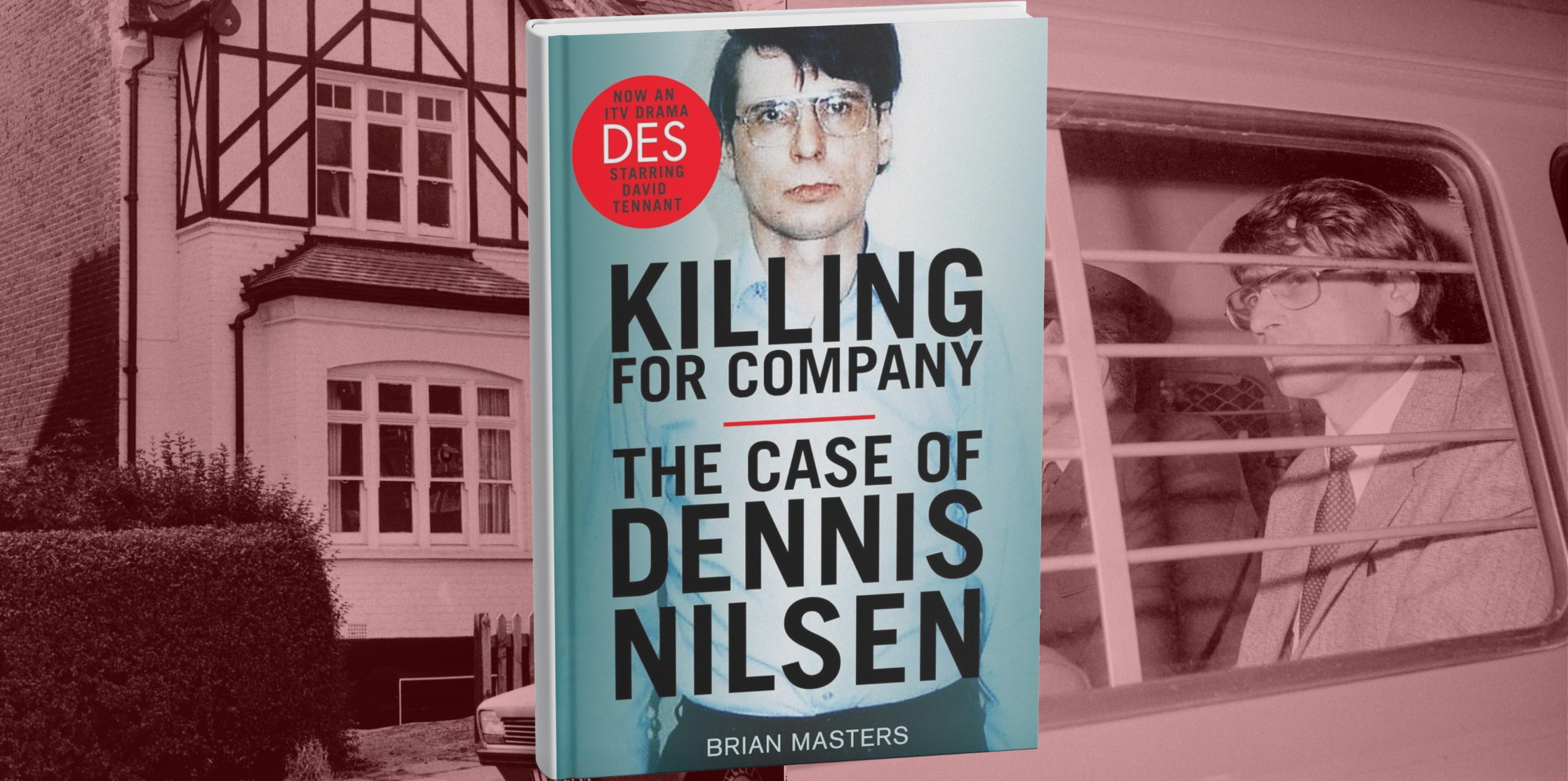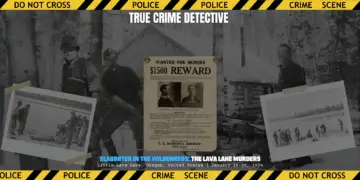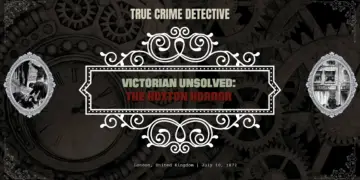
Book Review: Killing for Company: The Case of Dennis Nilsen by Brian Masters
A chilling, meticulous exploration of one of Britain’s most notorious serial killers and the societal neglect that enabled his crimes.
Brian Masters’ Killing for Company is a masterclass in true crime writing, offering an extraordinary and deeply unsettling study of Dennis Nilsen, the Muswell Hill Murderer. With unprecedented access to Nilsen’s personal accounts and writings, Masters constructs a chilling portrait of a man whose gruesome crimes shocked Britain in the early 1980s. Yet, this book is more than just an account of murder—it is a psychological, sociological, and cultural study that probes the darker corners of human nature and societal failure.
A Unique Window into the Mind of a Killer
Unlike many true crime books that focus solely on the crimes themselves, Killing for Company delves deeply into the psyche of Dennis Nilsen. Masters had unparalleled access to Nilsen during his trial and imprisonment, gaining insights from extensive interviews, personal letters, and over 50 volumes of writings and drawings provided by Nilsen himself. This cooperation allows Masters to craft a narrative that examines not only the “how” but the “why” behind the murders.
Nilsen’s crimes were horrifying, but what sets him apart from other serial killers is his willingness to discuss them in disturbing detail. He openly admitted to killing at least 15 young men between 1978 and 1983, luring his victims to his home before strangling them and, in a macabre twist, keeping their corpses for company. His confessions to Masters are chilling in their clinical detachment, yet they offer a rare opportunity to study a killer who was acutely self-aware, albeit deeply disturbed.
Masters avoids sensationalism, instead presenting Nilsen’s accounts in a matter-of-fact manner that allows readers to confront the horror of his actions without embellishment. Nilsen’s admissions—such as washing, dressing, and conversing with his victims’ corpses—are recounted with a detached clarity that makes them all the more unsettling.
Exploring Themes of Loneliness and Alienation
At its core, Killing for Company is a study of loneliness. Nilsen’s inability to form meaningful human connections led him to a horrifying solution: killing his victims so they could never leave. Masters paints a portrait of a man trapped in his own emotional isolation, desperately seeking companionship yet unable to relate to others in any normal way.
This theme of loneliness is intertwined with an exploration of societal neglect. Many of Nilsen’s victims were vulnerable young men—often homeless, unemployed, or estranged from their families—at a time when society largely ignored the struggles of marginalised groups, particularly the LGBTQ+ community. The book underscores how Nilsen was able to exploit this neglect, preying on those who had slipped through society’s cracks.
Masters contextualises Nilsen’s crimes within the broader social landscape of 1970s and 1980s Britain, highlighting the impact of homophobia, economic disparity, and the stigma surrounding mental health. This approach not only deepens our understanding of Nilsen as an individual but also raises uncomfortable questions about the societal conditions that allowed him to operate undetected for so long.
A Harrowing Account of the Crimes
The book does not shy away from the gruesome details of Nilsen’s murders. From the moment a plumber discovered human remains in a Muswell Hill drainpipe, Masters reconstructs the horrifying events with precision and clarity. The descriptions of Nilsen’s methods—strangulation, dismemberment, and the storage of bodies in his flat—are deeply disturbing but never gratuitous.
What makes these accounts even more chilling is Nilsen’s rationalisation of his actions. He claimed he killed not out of malice but out of a twisted desire for companionship. This stark juxtaposition between his apparent normalcy—Nilsen was a civil servant who seemed unremarkable to his colleagues—and the horror of his private life creates a sense of unease that lingers long after the final page.
Masters also emphasises the impact of Nilsen’s crimes on his victims and their families. While the book is primarily focused on understanding Nilsen, it never loses sight of the human cost of his actions. This balance ensures that the narrative is grounded in the reality of the suffering he caused, preventing it from becoming a voyeuristic study of a killer.
A Study in Psychological Complexity
One of the book’s greatest strengths is its psychological analysis of Nilsen. Masters explores the factors that may have contributed to his development as a killer, including his tumultuous childhood in a remote Scottish fishing village, his repressed sexuality, and his feelings of inadequacy and alienation.
While Masters avoids drawing definitive conclusions—acknowledging that no single factor can fully explain Nilsen’s actions—he presents a compelling argument that his crimes were rooted in a combination of psychological, social, and cultural influences. Nilsen’s fixation on death, his romanticised view of corpses, and his struggle to reconcile his public persona with his private desires all contribute to a portrait of a deeply fractured individual.
Conclusion: A Seminal Work in True Crime
Killing for Company is more than just a true crime book—it is a profound exploration of the human condition, societal neglect, and the complexities of the criminal mind. Masters’ compassionate yet unflinching approach ensures that the book is as much about understanding as it is about documenting.
For those interested in true crime, psychology, or criminology, this book is essential reading. It offers a rare and unsettling glimpse into the mind of a serial killer while raising important questions about the societal factors that enable such crimes.
The Review
Killing for Company: The Case of Dennis Nilsen
Killing for Company is not an easy read, but it is an important one. By examining the life and crimes of Dennis Nilsen with sensitivity and insight, Brian Masters has created a work that will endure as a cornerstone of the true crime genre.
PROS
- Unprecedented access
- Balanced narrative
- Historical context
- Thoughtful writing
CONS
- Graphic content

























 Amazon
Amazon























